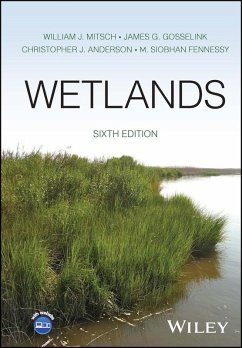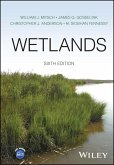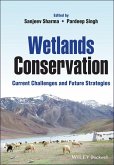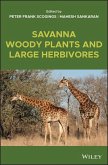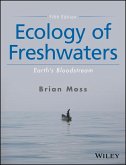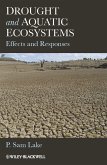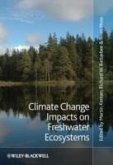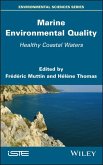WETLANDS The definitive guide to wetlands for students and professionals alike Wetlands rank among the most productive but also the most vulnerable ecosystems. They break down toxins and help maintain aquatic ecosystems, provide both permanent and temporary homes for key species, and contribute enormously to biodiversity and global ecological health. In recent years the importance of wetlands has been increasingly well understood, and their management and restoration has become a particular focus of environmental research. Wetlands provides a thorough and comprehensive overview of wetlands, updated to reflect the latest research findings and methodological approaches, as it has done for more than a generation. The new edition has been optimized for classroom use, breaking down the topic into four parts: introduction to wetlands, the wetland environment, wetland ecosystems, and wetland management. Readers of the sixth edition of Wetlands will also find: * A detailed discussion of the role of wetlands in improving water quality, protection from storm damage, and other ecosystem services * The latest approaches and examples of wetland creation and restoration * A thorough discussion of the impacts of climate change on wetlands, and how to mitigate them Wetlands is essential reading for students and professionals in ecology, environmental engineering, and water resource management.
Dieser Download kann aus rechtlichen Gründen nur mit Rechnungsadresse in A, B, BG, CY, CZ, D, DK, EW, E, FIN, F, GR, HR, H, IRL, I, LT, L, LR, M, NL, PL, P, R, S, SLO, SK ausgeliefert werden.

